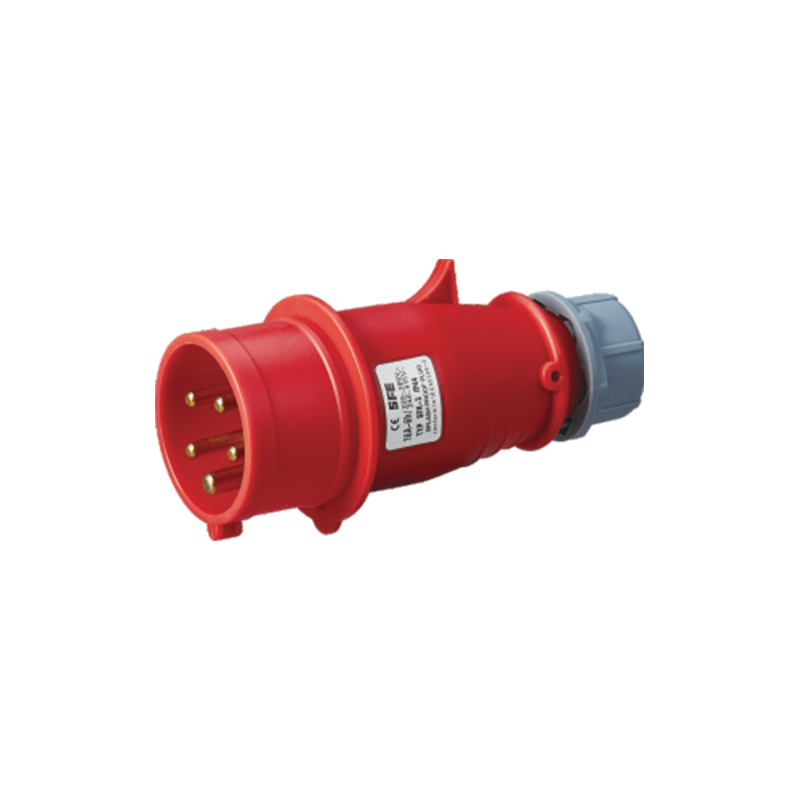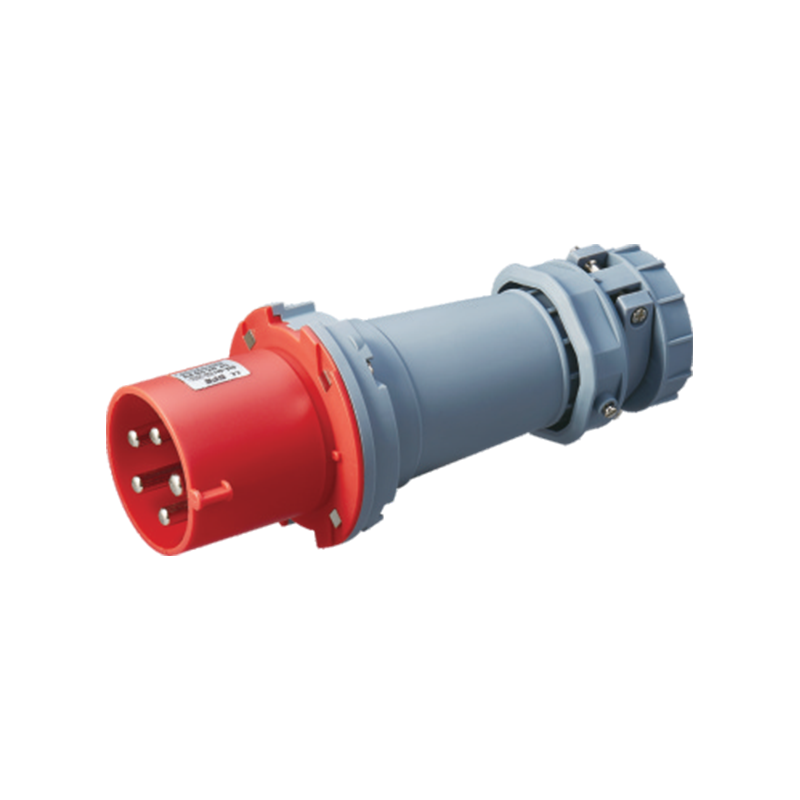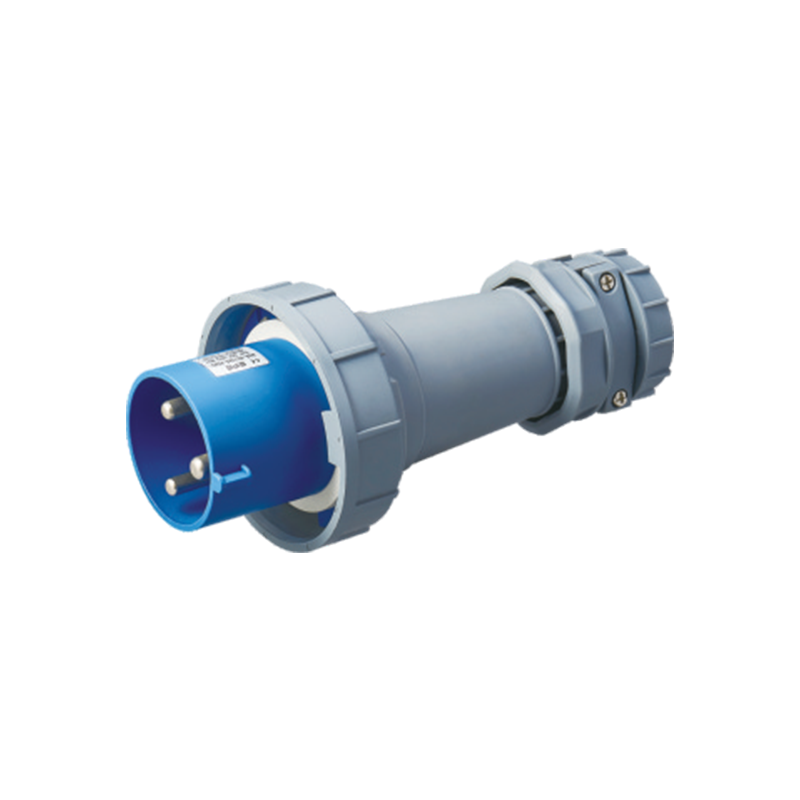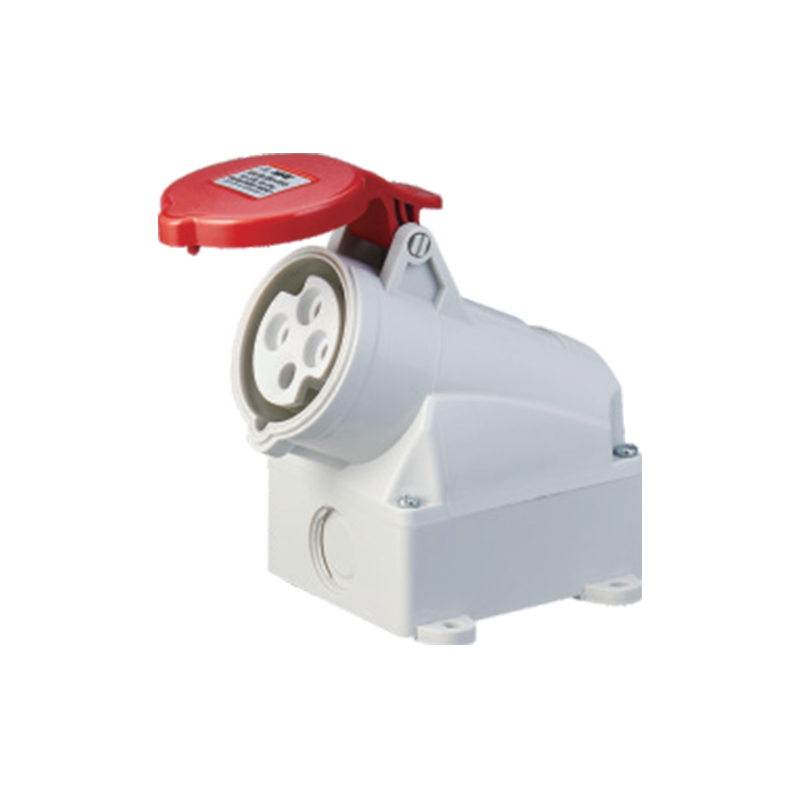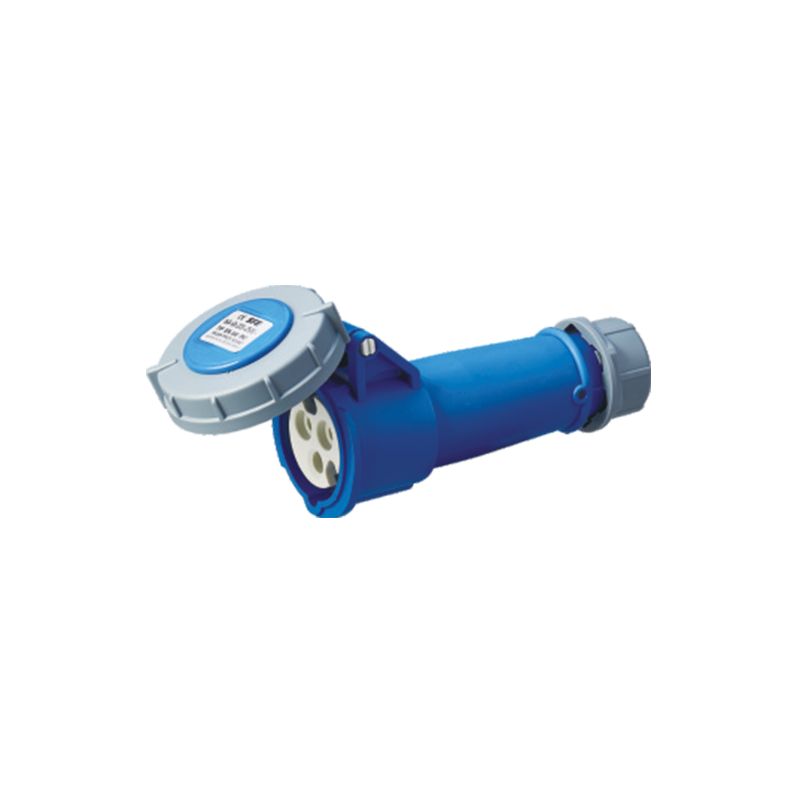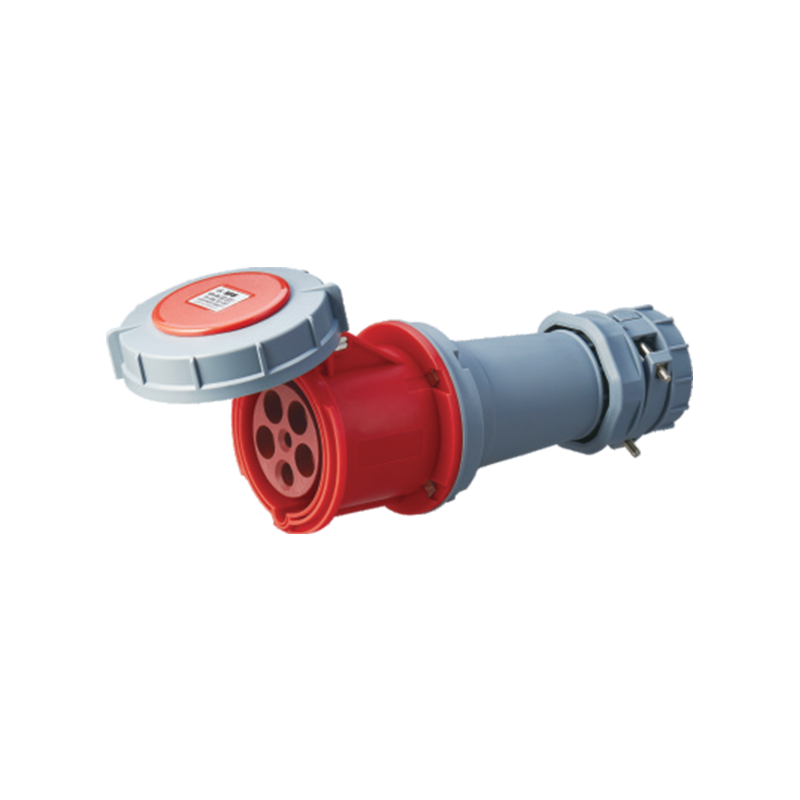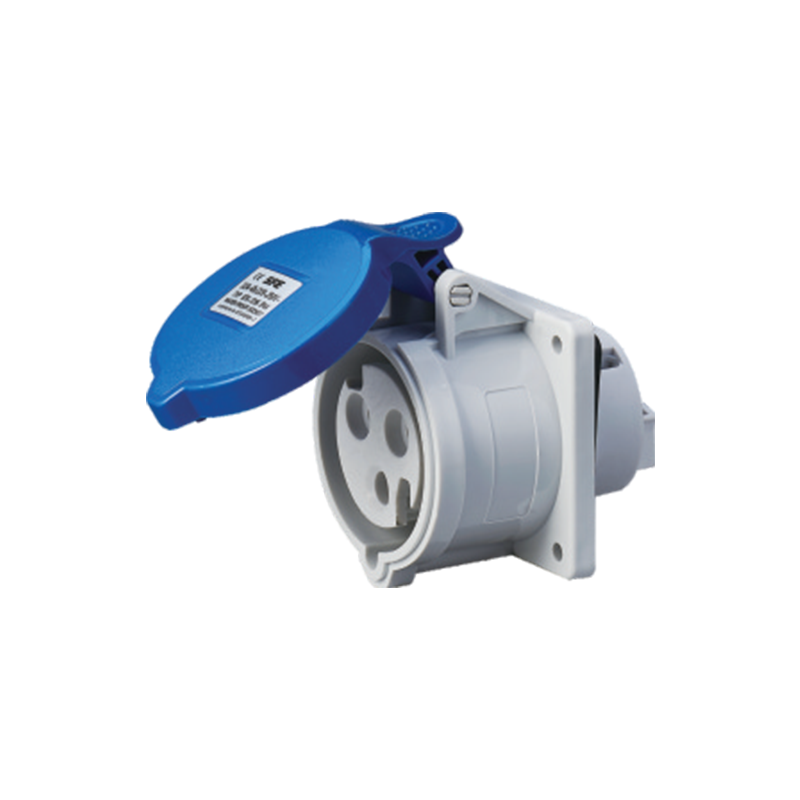Address: No. 199, Weiwu Road, Yueqing Economic Development Zone, Zhejiang Province, China.
As technology continues to evolve, the way we manage energy consumption in our homes and businesses is undergoing significant transformation. Smart plugs, equipped with advanced features and connectivity options, are emerging as crucial components in energy management systems. These devices offer an innovative solution for monitoring and controlling energy usage, making them indispensable for both consumers and businesses looking to enhance efficiency and reduce costs.
At the heart of smart plug technology is the ability to provide real-time data on energy consumption. This data empowers users to make informed decisions about their energy usage habits. By integrating plug and socket connectors with smart technology, users can easily track the performance of their devices and appliances. This functionality is particularly valuable in an age where environmental concerns and energy efficiency are paramount.
Smart plugs function by allowing users to control their electronic devices remotely, often via smartphone apps. This remote access can advance to better energy management practices. For instance, users can turn off appliances that are not in use, ensuring they do not draw phantom energy when left plugged in. Additionally, many smart plugs feature scheduling options, enabling users to program devices to operate during off-peak energy hours when rates are typically lower. This capability not only aids in reducing energy bills but also contributes to a more balanced energy grid.
The integration of socket and plug connectors with smart technology is advancing rapidly. Many new models of smart plugs are designed to seamlessly fit into existing electrical systems, ensuring compatibility with various appliances. This flexibility is essential, as it allows consumers to adopt smart technology without overhauling their entire electrical setup. Users can simply replace standard plugs with smart versions, instantly enhancing their energy management capabilities.
Moreover, the development of voice-activated smart home systems has made the use of smart plugs even more convenient. With the ability to control devices through voice commands, users can easily manage their energy consumption without needing to reach for their smartphones. This level of convenience encourages more individuals to adopt smart plug technology, further promoting energy efficiency.
As we look to the future, the role of smart plugs in energy management will likely expand. Innovations such as energy monitoring and reporting functionalities are already on the horizon. These features will allow users to receive detailed insights into their energy usage patterns, helping them identify opportunities for further efficiency improvements. By harnessing data analytics, consumers can receive personalized recommendations on how to optimize their energy consumption, pilot to greater savings, and reduce environmental impact.
Furthermore, the connection between smart plugs and renewable energy sources is an exciting area of development. As more homes adopt solar panels and other renewable energy solutions, smart plugs can play a critical role in managing energy flow. They can be programmed to prioritize the use of renewable energy when it is available, further decreasing reliance on traditional power sources. This capability not only supports sustainability efforts but also aligns with the growing demand for green energy solutions among consumers.
In addition to residential applications, smart plugs are gaining traction in commercial settings. Businesses are increasingly recognizing the potential for energy savings through the use of smart technology. By integrating socket and plug connectors into their energy management strategies, companies can monitor the performance of equipment and identify inefficiencies. This approach not only reduces operating costs but also supports corporate sustainability goals.
As smart plug technology continues to evolve, manufacturers are focusing on enhancing security features. Concerns about cyber threats and data privacy are becoming increasingly relevant in the digital age. Future smart plugs will likely incorporate advanced encryption and security protocols to ensure that user data remains safe and secure. This emphasis on security will be critical for widespread adoption, as consumers must feel confident in using connected devices.
In conclusion, the future of smart plugs in energy management appears promising. With their ability to provide real-time energy monitoring, remote control, and integration with renewable energy sources, these devices are set to play a pivotal role in shaping energy consumption habits. As technology advances, the synergy between plug and socket connectors and smart technology will continue to foster innovation, making energy management more efficient and accessible. Embracing these developments can advance to significant savings for consumers and businesses alike while contributing to a more sustainable future.
